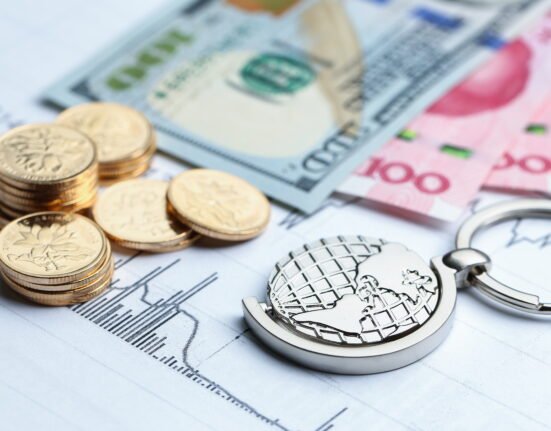The Philippines has officially been removed from the European Commission’s (EC) Anti-Money Laundering and Countering the Financing of Terrorism (AML/CFT) high-risk third-country list, marking a significant improvement in the country’s international financial standing and regulatory reputation. This decision was confirmed by the Philippine Department of Justice (DOJ) and follows a parallel removal from the Financial Action Task Force (FATF) grey list earlier this year.
What the EC Removal Means
The European Commission’s high-risk list comprises jurisdictions deemed to have strategic deficiencies in their AML/CFT frameworks. Being on this list often results in increased scrutiny from EU-based financial institutions, delays in cross-border transactions, and challenges in securing foreign investment.
The Philippines’ removal from the EC list means that it has now aligned its AML/CFT regime with international standards, enabling smoother financial cooperation with EU entities. The country joins Barbados, Jamaica, Senegal, and Uganda in being delisted — a clear signal of progress in anti-financial crime reforms.
Contributing Factors: Strengthened Oversight and POGO Ban
This achievement follows years of domestic reform and cooperation with international financial institutions. A key element likely contributing to this success was the Philippine government’s crackdown on illegal offshore gaming operators (POGOs), which have been under intense scrutiny for their alleged involvement in money laundering and human trafficking.
Just last week, the Philippines officially banned POGOs, signaling its commitment to eradicating high-risk financial activities and improving the integrity of its gaming sector.
Impact on the Gaming Industry and Economic Confidence
The Philippine gaming industry remains a major economic driver, contributing PHP 372.3 billion ($6.6 billion) in revenue during FY 2023. While the ban on POGOs might reduce some short-term revenue, improved international standing is likely to enhance long-term investor confidence, particularly in regulated sectors like land-based casinos, digital finance, and fintech.
The DOJ emphasized that the changes bolster the country’s global image. Justice Secretary Jesus Crispin C. Remulla stated:
“This accomplishment is an affirmation of our government’s unyielding stand against money laundering and terrorism financing. It will also serve as a catalyst for the DOJ to further strengthen the rule of law, not just within the Philippines but even on a global stage.”
Looking Ahead: Strengthening Rule of Law and Investment Prospects
With its name now cleared from two critical international watchlists, the Philippines is better positioned to attract foreign direct investment, access global capital markets, and streamline international business operations. The challenge ahead will be to maintain compliance, continue enforcement efforts, and strengthen institutional frameworks to prevent backsliding.
The Philippines’ journey offers a blueprint for other emerging markets striving to balance industry growth, regulatory integrity, and global financial cooperation.























